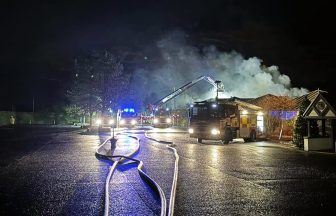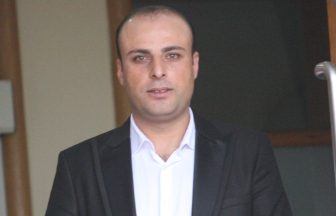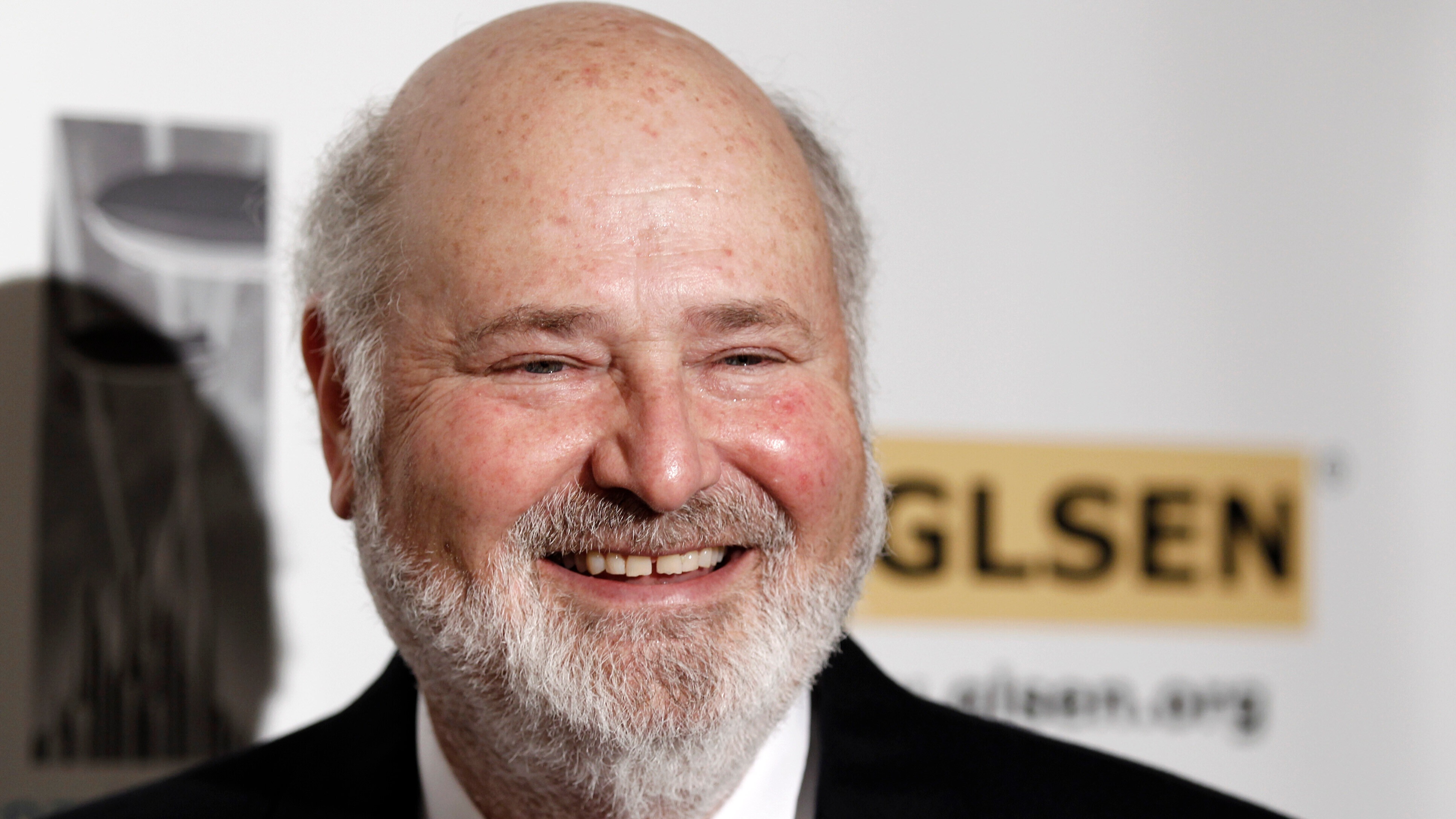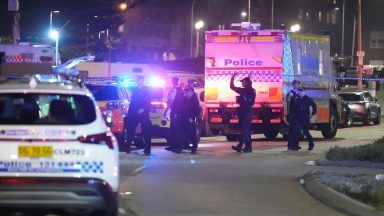There were more than 7,000 detentions for compulsory mental health care and treatment in Scotland last year, figures show.
The figures, in a report published by the Mental Welfare Commission for Scotland (MWCS), show there were a total of 7,109 detentions between April 1 2023 and March 30 2024.
This is a rise of 5.6% on the year before, above the average year-on-year increase of 4.2%.
Just under half of the 7,109 detentions started with an emergency detention certificate (EDC), which is designed to be used in crisis situations to detain someone who requires urgent care or treatment for mental ill health.
Under the Mental Health Act an EDC should be decided by a doctor with the consent of a mental health officer – a specialist social worker – except where obtaining this consent is “impracticable”.
The MWCS said it was “concerned” by the fact only 35.8% of emergency detentions in 2023-24 had the consent of a mental health officer, which was the lowest rate for the last ten years.
The report noted that mental health officer consent provides a “safeguard against arbitrary detention”, and called for local services to assess why in many parts of the country it is “now clearly the norm that it is impractical to consult a mental health officer”.
Dr Arun Chopra, medical director (medical) at MWCS, said: “Once again we are concerned about the way emergency detentions are taking place.
“Today’s report shows that whilst the expectation is that a mental health officer should be involved in these detentions, in nearly two-thirds of cases there was no mental health officer consent.
“For young people aged under 25, mental health officer consent was present in only 32% of cases, the lowest of any age group. This is particularly troubling given that they are perhaps the most vulnerable of a vulnerable group of people.”
The MWCS also said a “disproportionate” number of detentions affected people living in more deprived areas of the country, which they said showed the link between deprivation and mental ill health.
They said over 35% of emergency detentions related to people from the 20% most deprived areas, with only 10% in the 20% most affluent areas.
The MWCS publishes the figures each year as part of its statutory duty to monitor how the Mental Health Act is being applied.
Follow STV News on WhatsApp
Scan the QR code on your mobile device for all the latest news from around the country


 iStock
iStock

























